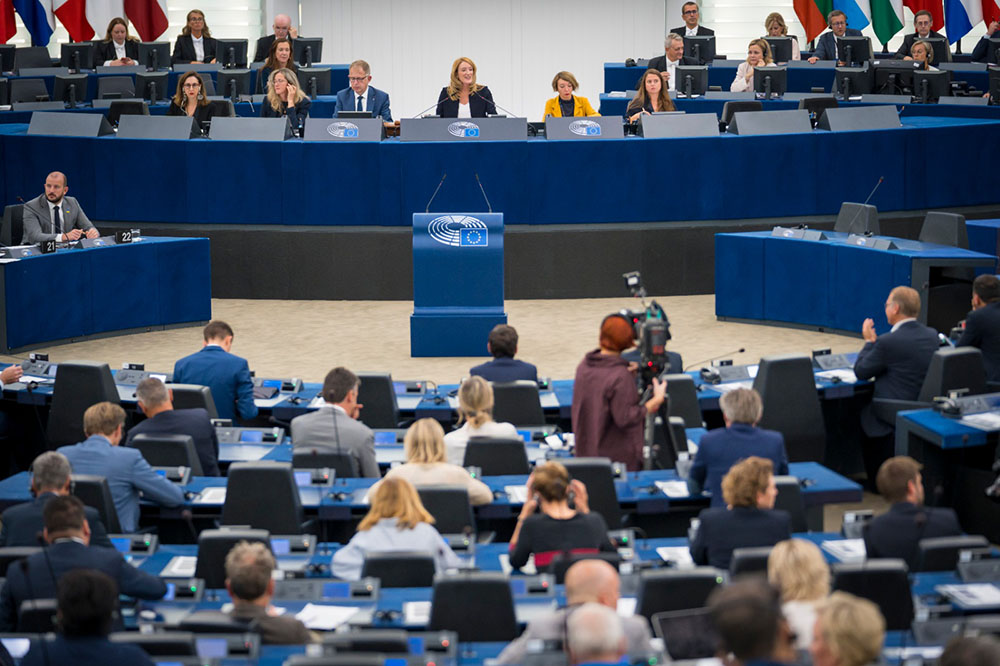Key Points:
- MEPs have approved measures to restrict payments made by unverified cryptocurrency users as part of a comprehensive revision of anti-money laundering legislation.
- Managers of cryptocurrency businesses will be required to identify and document the various types of risks associated with money laundering and terrorist financing in their respective sectors and report this information to a centralized registry.
The European Parliament Members (MEPs) have endorsed more stringent regulations to address loopholes in preventing money laundering, financing of terrorism, and circumvention of sanctions within the European Union (EU).

The MEPs from the economic and home affairs committees voted overwhelmingly in favor of the anti-money laundering legislation, with 99 votes for, 8 against, and 6 abstentions.
After a series of discussions between policymakers and stakeholders, the committees reached a consensus on their version of the legislation. The vote clears the way for further negotiations involving the Parliament, European Council, and European Commission to reach a final agreement. The decision to proceed will be announced during the next plenary session in the Parliament on April 17, with MEPs given a 24-hour window to challenge the outcome.
To curb the use of cash and cryptocurrency assets for illicit activities, MEPs have proposed capping payments that traders and service providers can accept. The limits are set at €7,000 for cash transactions and €1,000 for crypto-asset transfers carried out without the involvement of a crypto-asset service provider.
Given the significant risk of abuse by criminals, MEPs have called for the prohibition of citizenship-by-investment schemes (also known as “golden passports”) and the imposition of robust anti-money laundering (AML) controls on residents-by-investment programs (also known as “golden visas”).

Entities, including crypto asset managers, will be required to conduct thorough identity verification of their clients, determine their ownership structure, and identify their ultimate beneficial owners. They will also need to assess the potential risks of money laundering and terrorist financing in their line of business and report relevant information to a centralized register.
The proposals were presented alongside measures to prohibit businesses from accepting large cash payments and establish a new EU Anti-Money Laundering Agency (AMLA), which will oversee and enforce AML regulations across the 27 member states, easing the burden on national authorities. The joint committee vote saw the proposal pass with 102 votes in favor, 11 against, and two abstentions.
DISCLAIMER: The Information on this website is provided as general market commentary and does not constitute investment advice. We encourage you to do your own research before investing.
Join us to keep track of news: https://linktr.ee/coincu
Harold
Coincu News






















